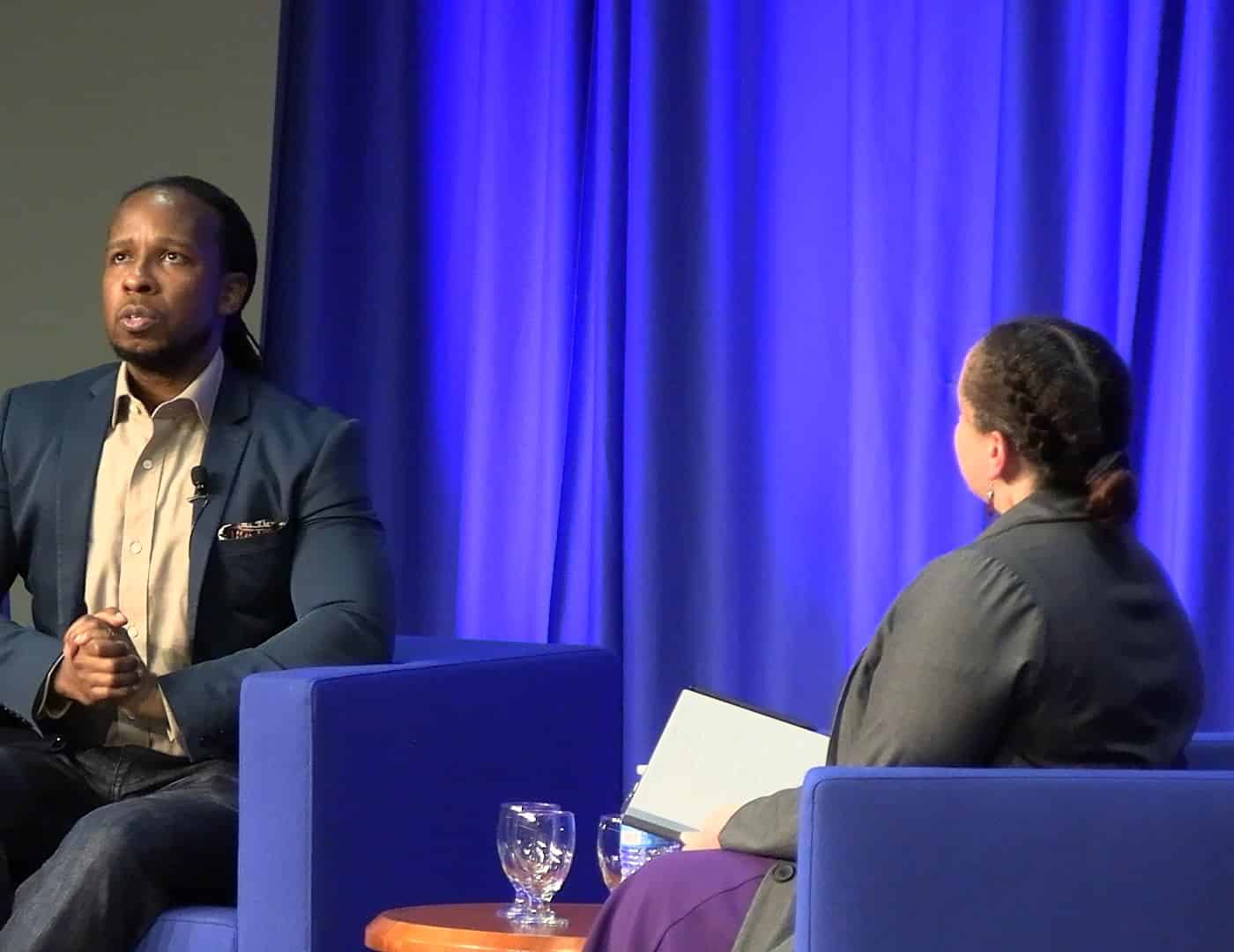


By Anna K. Miller and Kaitlyn Shepherd
Ibram X. Kendi, critical race theory advocate and author of “How to be an Antiracist,” was reportedly paid $25K and a travel buyout of $2,500 to speak for one hour at a Martin Luther King, Jr. event at Boise State University.
The contract between the university and Kendi’s speaking agency, Penguin Random House Speakers Bureau, stated that Kendi’s books, “How To Be an Antiracist” and “Stamped From the Beginning,” would be made available at the event. Robert Adelson, public records coordinator in BSU’s Office of the General Counsel, stated in an email to the Idaho Freedom Foundation that the funding source for the event was the Office of the Vice President for Student Affairs.
Ro Alvarado Parker, student equity program director at BSU, told KTVB, “He [Kendi] explains anti-racism very well and he puts in very clear and understandable terms."
The discussion focused on several topics, including the importance of defining terms like “racist” and “anti-racist” as well as how to encourage those who are uncomfortable talking about race to “be introspective or otherwise better allies.” At another point in the presentation, Kendi stated his opinion that there is a perception that those who promote the ideas of critical race theory and anti-racism are opposed to white people. He stated that such an idea is actually a “white supremacist talking point.” In fact, he said, “That’s one of the oldest white supremacist talking points.”
Kendi has argued that discrimination against white people is a positive social good. For example, Kendi wrote, “The only remedy to racist discrimination is antiracist discrimination. The only remedy to past discrimination is present discrimination. The only remedy to present discrimination is future discrimination.”
BSU probably did not violate state law by inviting Kendi to speak. The Idaho Legislature passed a law in 2021 attempting to ban critical race theory in public institutions, but the law does not prohibit ideas or restrict what gets taught. The law says, “No public institution of higher education, school district, or public school, including a public charter school, shall direct or otherwise compel students to personally affirm … [t]hat any sex, race, ethnicity, religion, color, or national origin is inherently superior or inferior; [t]hat individuals should be adversely treated on the basis of their sex, race, ethnicity, religion, color, or national origin.” Educational institutions are forbidden from using public money to compel students to believe or affirm such ideas.
However, the Legislature previously cut the university’s budget by $1 million for advancing the ideologies of critical race theory and diversity, equity, and inclusion (DEI). Inviting a proponent of critical race theory to speak on campus violates the Legislature's directive and intent of these cuts.
At publishing time, Idaho Freedom Foundation’s request for comment from the university had not been returned.



